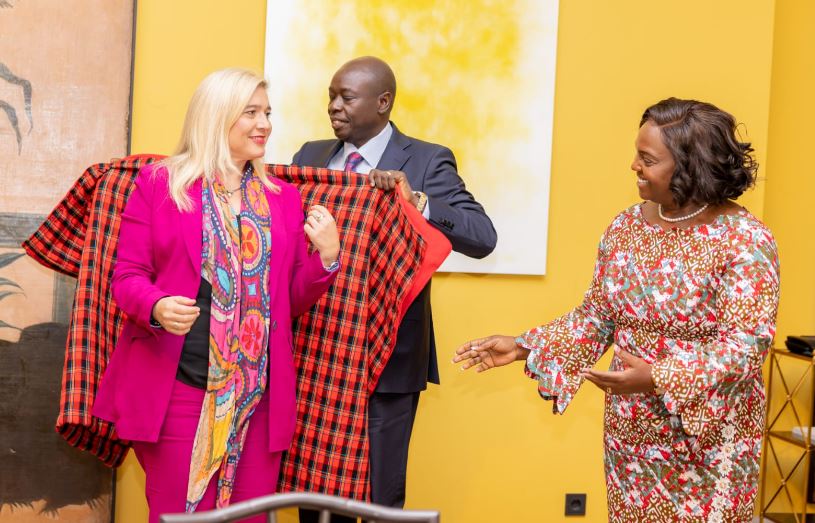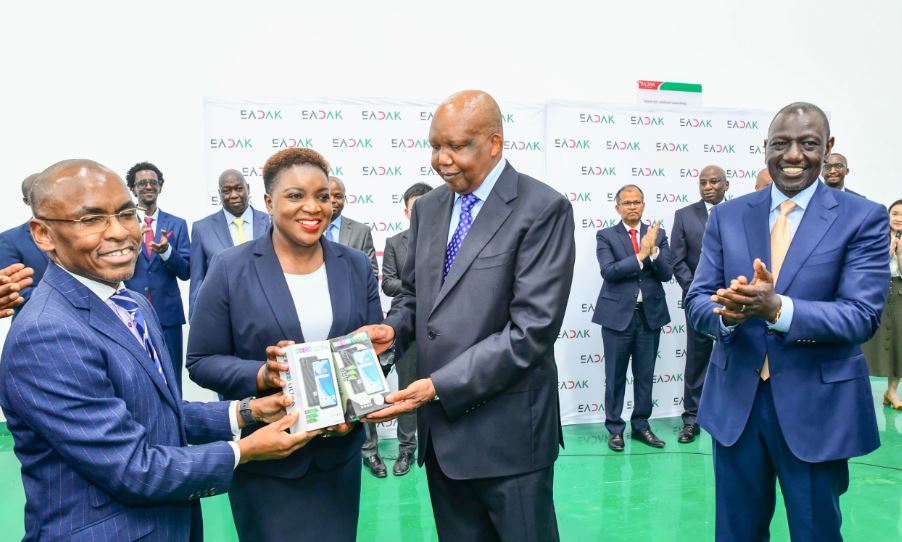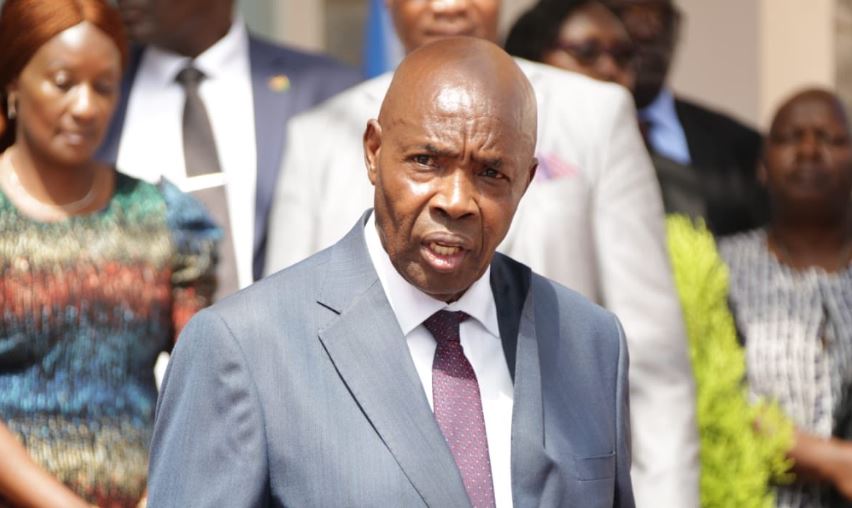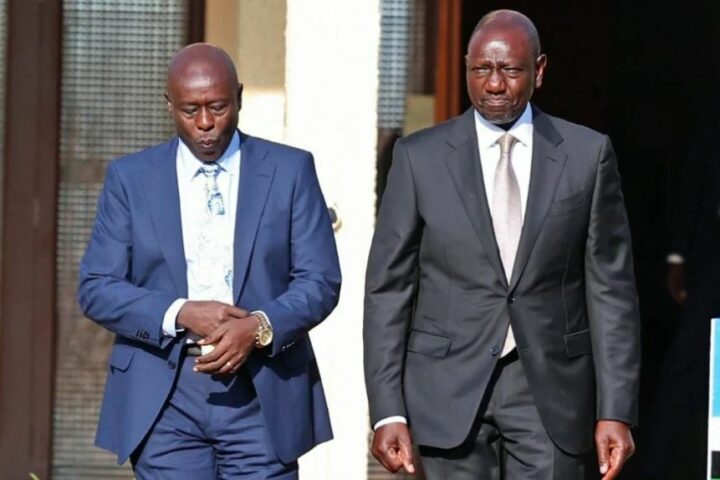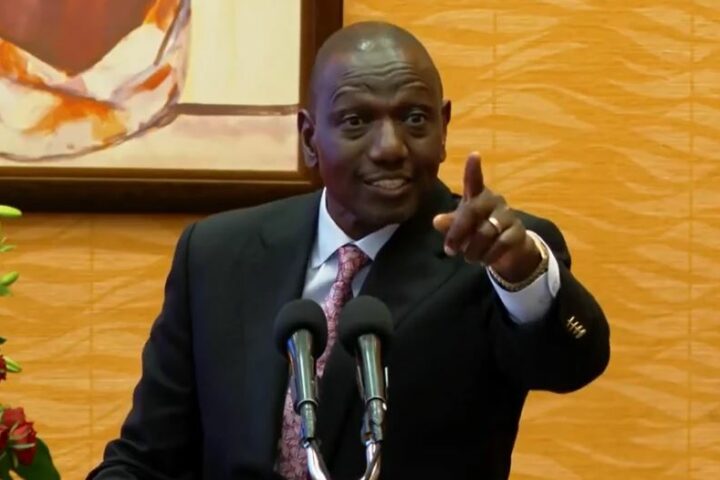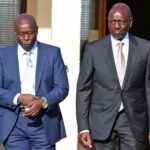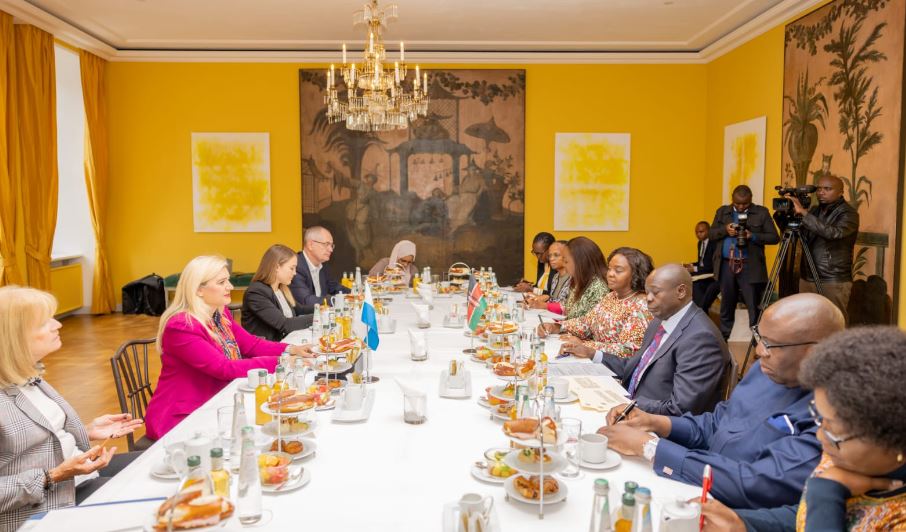
The Free State of Bavaria on Sunday adopted Kenya into its (Bavaria’s) partnership Strategy for Africa and pledged to support Kenya’s plan for sustainable economic growth.
The development resulted from a meeting between Deputy President Rigathi Gachagua and Minister for European and International Affairs of the Free State of Bavaria, Ms Melanie Huml in Munich, Germany.
Mr Gachagua, who was representing President Ruto, said that Bavaria agreed to partner with Kenya in various areas of interest such as commerce since the Kenyan Government has put in place both fiscal and non-fiscal incentives to attract Foreign Direct Investment.
“I commend the state of Bavaria for economic development and for agreeing to partner with us in various areas of interest. I also had a very meaningful discussion with business people in Bavaria and we have invigorated a mechanism on how to continue working on various areas of cooperation between the State of Bavaria and Kenya,” said the Deputy President.
Since Bavaria is among the wealthiest states in Germany, the Deputy President wooed manufacturers and investors from the region to set up businesses in Kenya.
“The opportunities in Kenya are immense. For example, we are establishing Aggregation and Industrial Parks in all our 47 Counties and are looking for partners to invest in specialized areas. I wish to reaffirm that we have taken the relevant measures to ease doing business and our administration is ready to support investment ventures into the country,” said Mr Gachagua.
He was accompanied by his Spouse Pastor Dorcas, Baringo Central MP Joshua Kandie and Kenya’s ambassador in Germany Tom Amolo.
Discussions between Mr Gachagua and Ms Huml also touched on cooperation in other sectors like renewable energy, manufacturing, tourism, labour migration, sports development, education and exchange programmes. The two agreed on enhanced cooperation on development and trade relationships.
“The Kenyan Government under President Ruto is implementing Kenya Kwanza Bottom-Up Economic Transformation Agenda (BETA). The areas that make Bavaria what it is – ICT, innovations, manufacturing – are our priorities in BETA. We, therefore, are keen to learn from the success stories in the State of Bavaria as a key driver in the German economy. Today’s meeting gives us an opportunity to explore how we can advance our cooperation,” said the Deputy President.
He noted that some of the ongoing engagements between Kenya and Germany have touched local lives in Kenya. They include Technical and Vocational Educational Training (TVET) Centres in Kenya, many of which he said have grown with Germany support.
He added that the German government has also promoted the growth of Micro, Small and Medium-Sized Enterprises (MSME) and created employment for Kenyans.
“We recognize Germany’s support and seek to broaden this cooperation as we work towards a labour mobility programme that will see some of the TVET graduates providing the requisite skills in Germany in the new future, hence, filling the labour deficit in Germany. We deeply value and treasure the great cooperation between Kenya and Germany that is based on very strong historical ties. As you know, on attaining independence in 1963, Germany was the first country to recognize Kenya’s independence as a free state,” the Deputy President.
He added: “Kenya is keen on establishing cooperation with German SMEs to enable capacity building of Kenyan MSMEs, knowledge exchange and technological transfer between our two countries and today’s meeting allows us to move forward on this momentum”.
The Deputy President also held talks with Mr Michael Worle, the Mayor of Gersthofen city.
He noted that the Gersthofen city had established twinning partnerships with Kisumu City and Baringo Counties to accelerate development.
“We are committed to deepen these engagements with the City of Gersthofen. I also encourage your residents to explore the untapped investment opportunities in Kisumu, Baringo and beyond that will complement the country’s Bottom-Up Economic Transformation Agenda which is geared towards managing unemployment and inclusive economic growth for all,” he stated.
In addition, the Deputy President said the Kenya-Germany Climate and Development Partnership (P+) has now become the model of climate action partnerships.
“The Partnership is now being executed at the grassroot level and it is expected to unlock many new opportunities. Through German cooperation, including the Geothermal development and other projects, Kenya is inching closer to achieving 100 per cent renewable energy by 2030. We, therefore, need to work together to explore more green energy transition strategies and reduce our carbon footprint,” he said.
By DPCS
